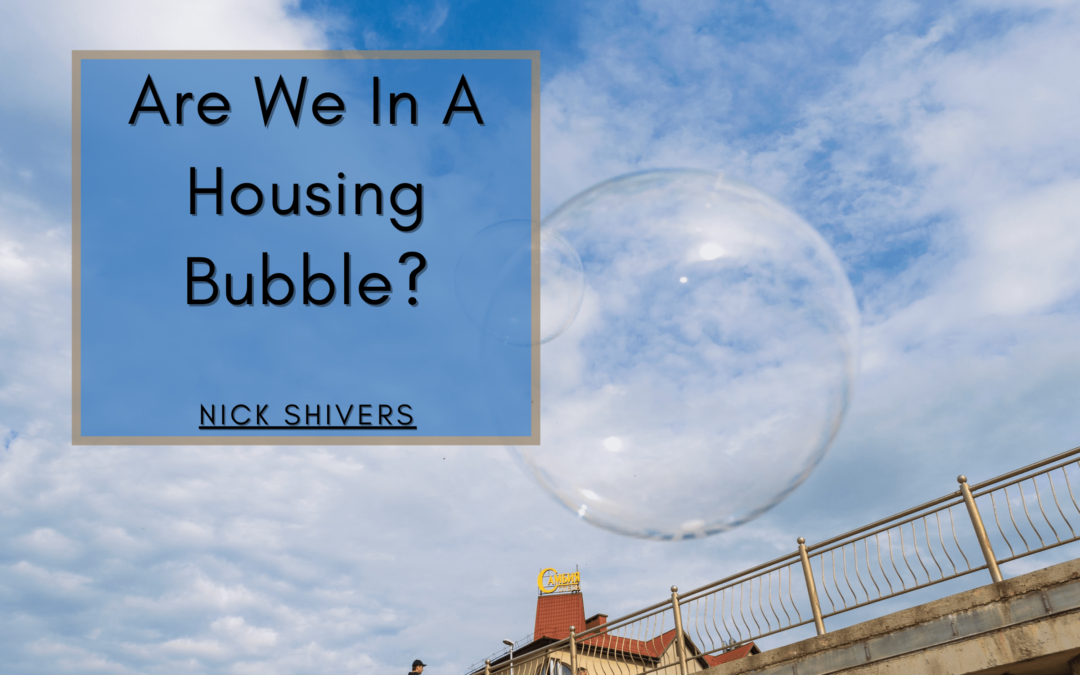A housing bubble is defined as a time when prices for homes continue to rise rapidly because of strong demand from buyers, but more so the activity of those who are speculating. The latter means opportunistic investors who have unleashed exuberant buying behavior because they believe a home can’t fail to gain value.
The bubble bursts when prices plummet and hundreds of thousands of people are left with homes that are no longer worth the mortgage payment. Numerous investors lose their shirts on properties for which they paid too much and have now reversed in value.
Now that the American home-buying market is surging as people believe the COVID-19 pandemic is largely behind us, many believe there is too much optimism and a new housing bubble is emerging.
Is there a housing bubble and is it about to burst?
It’s true that 2020 has been one of the hottest on record for home sales. In fact, more homes were sold in 2020 than in any market year since 2006. The hot housing market maintained its momentum in the first quarter of 2021.
However, the lack of supply remains a critical problem and may cool off the market for sheer lack of assets to sell. Also, mortgage rates are set to rise, which may further dampen buying and speculation.
Most experts agree that there is not likely to be a housing bubble burst in 2021.
For one thing, the public is getting nervous about the potential of a crash. Consider that internet searches using the terms “housing crash” have skyrocketed by a whopping 2,450% in the past month. In the world of real estate or any kind of investment realm, perception of reality is reality.
Thus, the very fact that so many are concerned about a crash should exert downward pressure on it happening because it will make everyone more cautious about buying.
Also, because the market is so hot right now, people are comparing it to the time just prior to the 2007 housing crash which was the worst since the Great Depression. But a closer look at the numbers reveals that the comparison with today’s market and 2007 is not accurate.
Housing sales are still lower in 2020 and 2021 than they were in 2005 and 2006 right before the housing bubble burst. Furthermore, back then, there was more “wild speculation” by investors. Today the people who are buying homes are not in it for investment. They’re simply purchasing a stable place to live.

